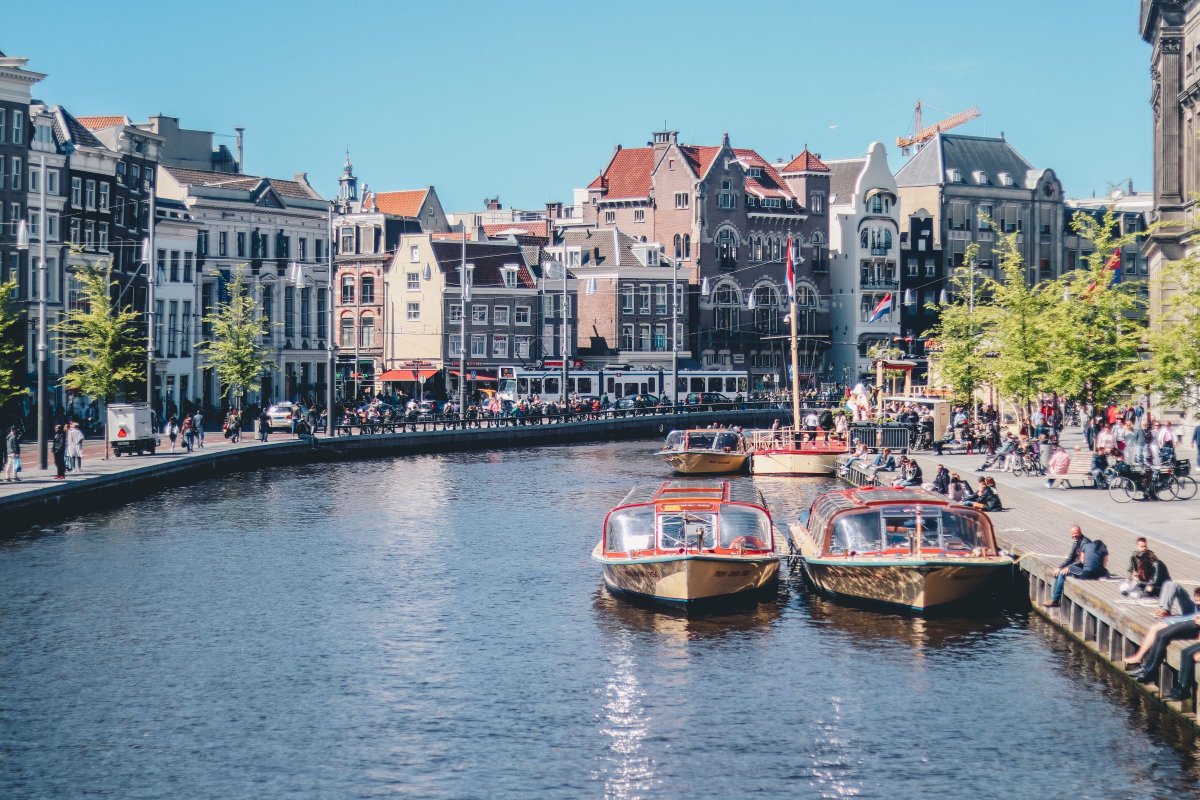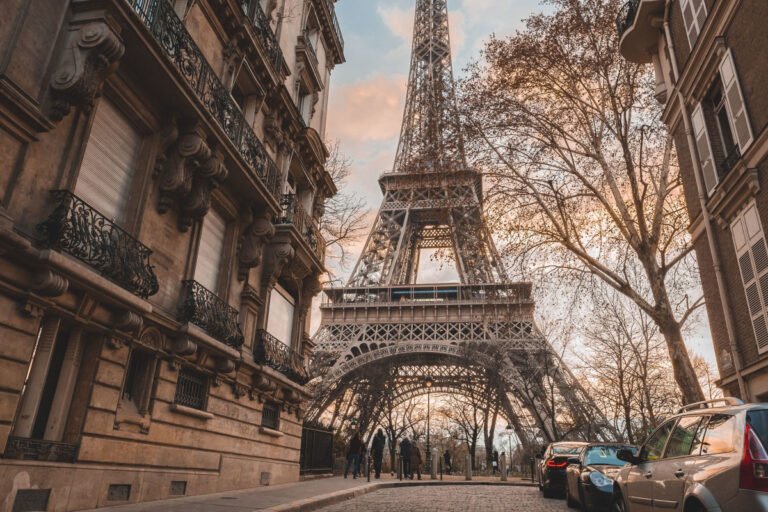In the early 1960s, Morocco-born laborers began their voyage to The Netherlands due to overwhelming economic growth after World War II and a scarcity of unskilled workers. In 1969, both governments finalized this migration process with an official agreement.
The treaty of 1963 marked the commencement of official migration to the Netherlands – and now, with a population surpassing 500,000 Moroccans living in this country (17 million citizens total), they are its second largest minority. Despite their presence in Holland for over fifty years, Moroccans still find themselves tormented by severe public and political debates today.
This population primarily originates from both rural and urban areas of Morocco, but are predominantly concentrated in large cities such as Amsterdam and Rotterdam.
Due to recent immigration policies that have imposed restrictions on individuals seeking asylum or residency status within the Netherlands, there has been increased difficulty for Moroccans entering the country legally. This has caused a large number of undocumented migrants from Morocco to live within Dutch society without proper legal documentation.
Despite this challenge, the Moroccan community in the Netherlands remains vibrant and diverse. The majority of Moroccans living in the country are economically active, either in the workforce, or self-employed. The most popular forms of employment for Moroccans include manufacturing, construction, and hospitality.
The Moroccan diaspora has had a significant influence on Dutch culture, particularly in terms of cuisine. Traditional dishes such as couscous and tajine have become increasingly popular across the Netherlands, while “fusion” food combining both Moroccan and Dutch ingredients has also become more common. There are even numerous restaurants dedicated to traditional Moroccan cuisine in cities like Amsterdam and Rotterdam.
In addition to cuisine, Moroccans living in the Netherlands have contributed greatly to its cultural offerings. From music festivals featuring North African rhythms to vibrant art exhibitions celebrating Moroccan heritage, there is something for everyone to enjoy.
Overall, the Moroccan diaspora in the Netherlands is an important part of Dutch culture and society. While there are still challenges to overcome such as immigration issues, this population has had a positive effect on Dutch life and continues to contribute to its overall success. The impact of the Moroccans in the Netherlands will only continue to grow in coming years.

The Editorial Team is a passionate group of Morocco enthusiasts dedicated to sharing the beauty, culture, and wonders of this captivating country. With diverse backgrounds and a deep love for travel, we strive to bring you engaging and informative content that inspires your Moroccan adventures. From uncovering hidden gems and sharing local insights to exploring mouthwatering cuisine and showcasing the vibrant lifestyle, our team is committed to providing you with valuable resources and exciting stories that enhance your exploration of Morocco. Join us on this journey as we celebrate the rich heritage and unforgettable experiences that make Morocco truly special.




